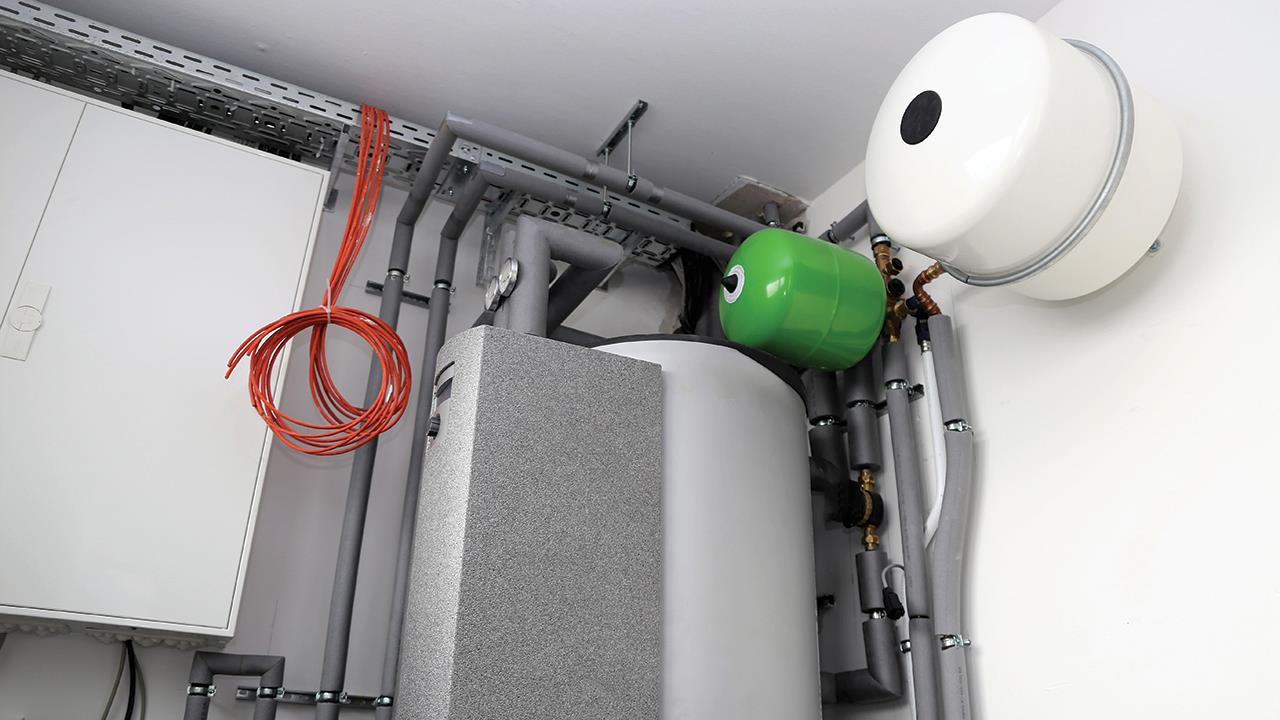

There is much excitement around the role that energy storage technologies can play to help accommodate more low-to-zero carbon energy sources into the UK’s generation infrastructure, however, relatively little attention has been paid to appliances already installed in homes.
There are an estimated nine million hot water cylinders in use in domestic homes across the UK, and a further three million in Ireland.
Connecting devices like hot water cylinders, and using smart control data learning to best use renewables, would unleash a dormant energy storage capacity, and catapult the UK on its way to net-zero.
The current capacity of installed hot water cylinders is seven times higher than the UK’s largest pump hydro energy storage facility, Dinorwig in Wales.
Conversely, earlier in 2022, the Hot Water Association warned government that if it did not focus its efforts on using all of the technology available, up to 50% of homegrown energy could be wasted by 2030.
In addition to meeting multi-outlet demand, storage systems are essential partners to any renewable energy input, which needs to be harvested and stored. Hot water storage is the only practical solution to turning the energy into something useful and banking it for when it is needed.
Renewable energy, such as wind and solar, means power comes intermittently and from multiple sources, making it harder for electricity to be generated consistently.
Often excess renewable power is ‘spilled’ or unused. While at other times, such as during peak demand, there is not enough renewable energy available from the grid, so that it has rely on fossil fuels instead.
Retrofitting one million cylinders with smart controls would create a 3GW ‘virtual’ battery, that could be managed to provide flexibility to the grid, by turning on/off electrical load as required.
The technology to retrofit these assets and turn them into ‘smart cylinders’ is available now and is relatively inexpensive. In addition to assisting with grid balancing, consumers can also benefit by:
Energy storage and smart appliance controls offer benefits for carbon reduction, fuel poverty, consumer comfort, and energy efficiency. The ease of scalability makes it an attractive, if not unmissable, opportunity.
If you'd like to keep up-to-date with the latest developments in the heating and plumbing industry, why not subscribe to our weekly newsletters? Just click the button below and you can ensure all the latest industry news and new product information lands in your inbox every week.